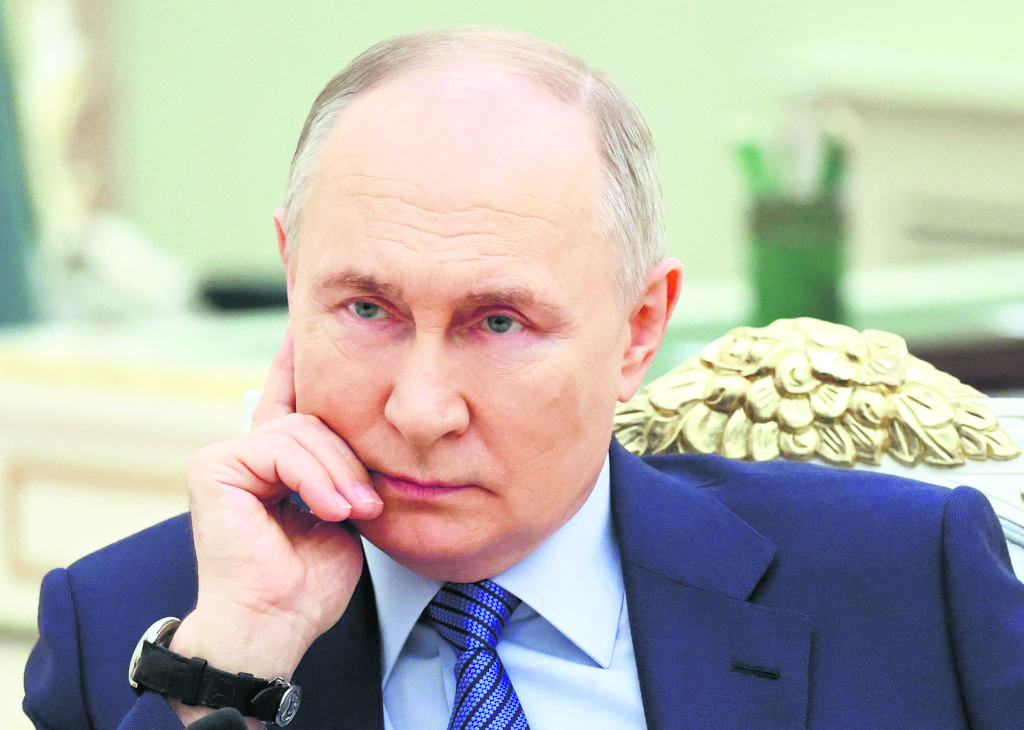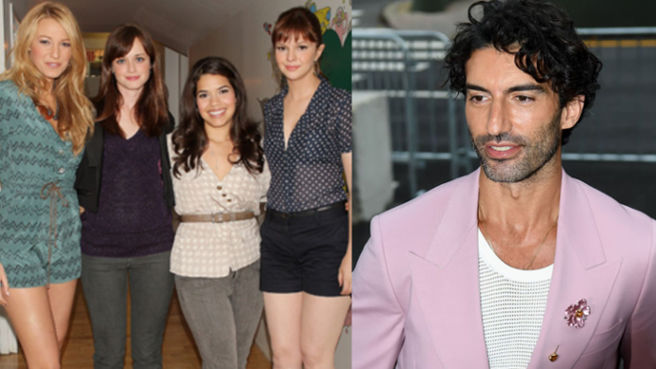Vladimir Putin is set to commence his fifth term as Russia’s president with an inauguration ceremony in Moscow on Tuesday. Emerging victorious with 87% of the vote in March, he officially embarks on another six-year stint in power.
The ceremony marks the transition to a new government, following a 2020 constitutional amendment, as the current administration steps down. Putin will present his choice for prime minister to the Russian State Duma, where approval is sought. Should the nominee face rejection three times, Putin reserves the authority to appoint the prime minister independently.
Subsequently, he holds the prerogative to initiate fresh parliamentary elections and dissolve the existing legislature. Prime Minister Mikhail Mishustin, credited with steering the country through economic growth despite external tensions, is widely anticipated to retain his position.
Collaborating with the Federation Council, Putin will designate key ministers responsible for pivotal portfolios like foreign affairs, defense, and justice. While Defense Minister Sergey Shoygu and Foreign Minister Sergey Lavrov are reportedly staying, minor adjustments within ministerial roles are plausible.
Public criticism regarding policies pertaining to sports, education, and culture may prompt the establishment of a Youth Ministry. The government’s approval process, mandated by Russian legislation, extends until May 20, though nominations are expected promptly post-inauguration.







